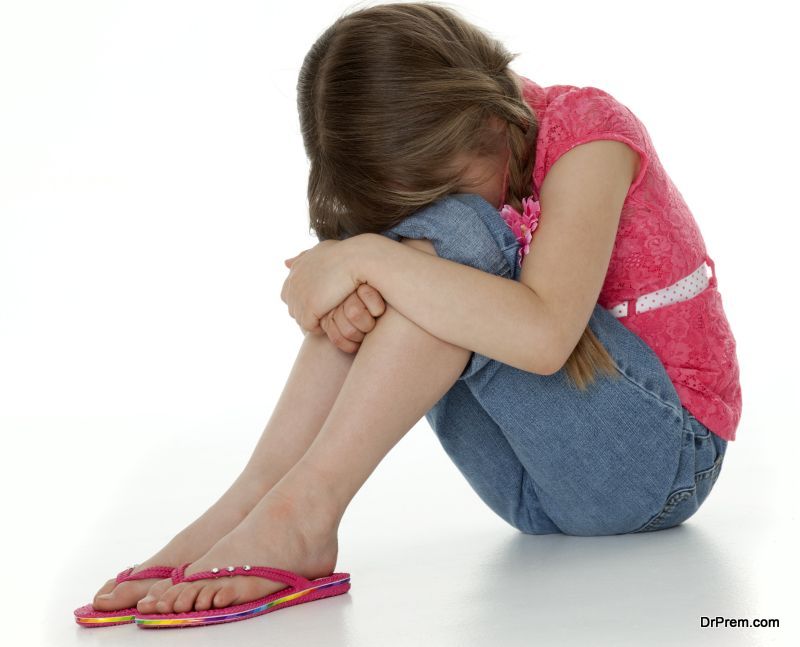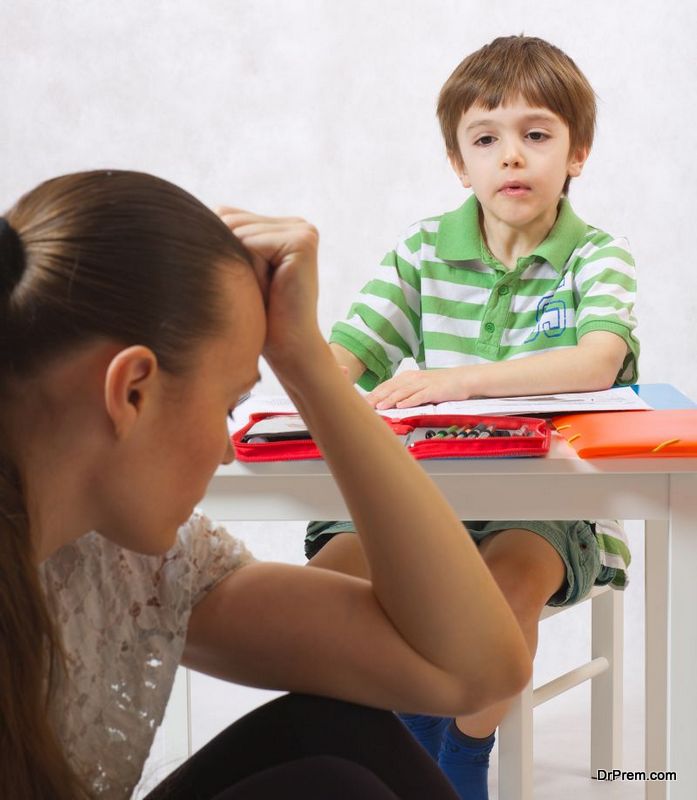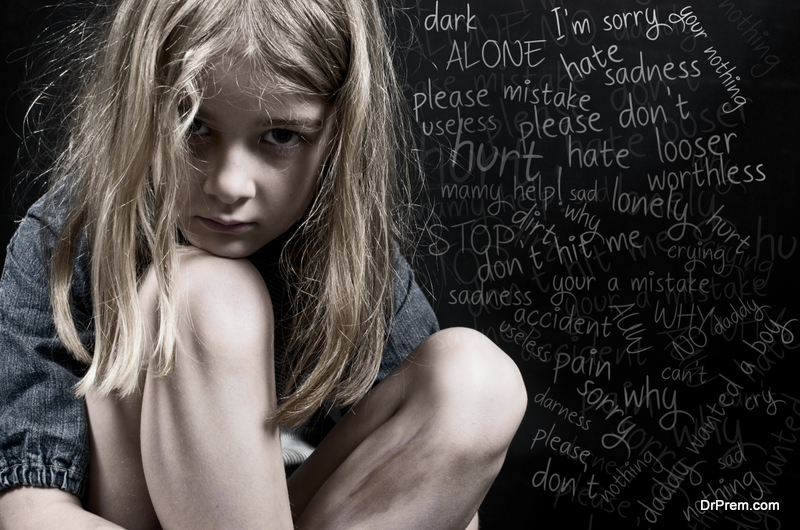In today’s times, a mental health assessment is being talked about more and more. This is a good thing. It is now well known that like adults, children too can suffer from mental illnesses. In fact, it is estimated that 1 out of every 5 children suffers from a mental disorder. These problems can be addressed but more often than not they go unnoticed.
This is because the adults in the child’s life are unable to judge the situation and take action. If they need a psychological evaluation, we are the ones who can get one for them. These disorders can be managed and cured very easily if detected early on. Read on to find how to look for these mental illnesses in your little ones.
Mental health definition
Mental health refers to our overall emotional and psychological condition. It directly impacts how we think, feel, and interact. It is important to carry out mental health assessments if one thinks that someone may not be performing as expected of a healthy human being. Mental health definition encompasses a wide area and will also include how we choose options and deal with stress in our lives.
Psychological disorders in children
The types of psychological disorders that children may suffer from are same as adults. These issues, however, may be manifested in them differently. Let’s take a look at some common problems that usually affect children.
- Attention-deficit/Hyperactivity Disorder:
More commonly referred to as ADHD, it prevents children from concentrating on the task at hand. It could also cause hyperactivity or impulsive behavior. Some may suffer from all symptoms, while others may have to deal with fewer.
- Eating disorders:
In a world where we are bombarded with unrealistic images of perfect bodies, it becomes difficult to not focus on our eating habits. However, children suffering from eating disorders may display an unhealthy obsession with weight and food. They may develop anorexia nervosa, bulimia nervosa or binge eating. These disorders are treatable but one must know how to detect them.
- Schizophrenia:
This condition leads a child to start living in an imaginary world of his own making. Things that do not exist seem to become a part of daily life for the patient. Schizophrenia, too, is treatable.
- Anxiety disorder:
Probably the most common type of disorder, it makes a child fret over the smallest things. They think that the worst outcome is the only possible outcome. This worrying interferes with their daily routine.
Mental health assessment
If you suspect your child may be suffering from one of the above issues, you should find out more. Different types of psychological disorders are displayed differently in children. Talk to your child’s doctor, teacher’s, other adults. Mental illnesses in children can be diagnosed by mental health providers and are treatable.
A mental health provider is capable of finding the right reason for the child’s behavior. They do need your help though. They will have a long list of questions regarding your child and his/her medical history. These will assist the mental health provider to carry out a proper mental health assessment.
Signs to look for
It is important to ascertain when we suspect that a child may be suffering from a mental health disorder. But this is easier said than done. It can be hard to differentiate between normal childhood behavior and signs of mental well being. However, these behaviors when exaggerated can be grasped and conclusions can be drawn. Some of these signs are:
- Mood swings: When mood swings are noticed frequently or last longer than 2 weeks, it should concern you. These feelings of withdrawal or sadness may be noticed when they start causing issues in daily interactions at home and other places.
- Altered behavior: When behavior vastly deviates from normalcy, such as the desire to physically hurt others and saying mean words. Keep an eye out for these behavior changes and address them as soon as possible.
- Drop in concentration: Drop in mental wellness manifests itself in the form of a considerable drop in This is almost always followed by falling grades and deteriorating relationships.
- Sudden weight loss/gain: This may be evidence of poor eating habits and should be questioned. Drop in appetite, vomiting may be the reason.
- Drug abuse: Some teenagers may turn to drugs for a brief respite. They will seek isolation, become secretive and irritable. The child may complain frequently of headaches and stomach-aches.
- Self-harm: In extreme cases, a child may indulge in self-harm. These are also effects of the absence of mental wellness. Such instances usually warrant a mental health assessment by law. It is the parent’s responsibility to motivate the child during these hard times.
Conclusion:
A psychological evaluation can help spot these mental health issues early on. This provides the parents and therapists more time to mull over treatment options. When detected early on, the cure will take lesser time. The child will be able to recover and resume with normal childhood behavior soon enough.





